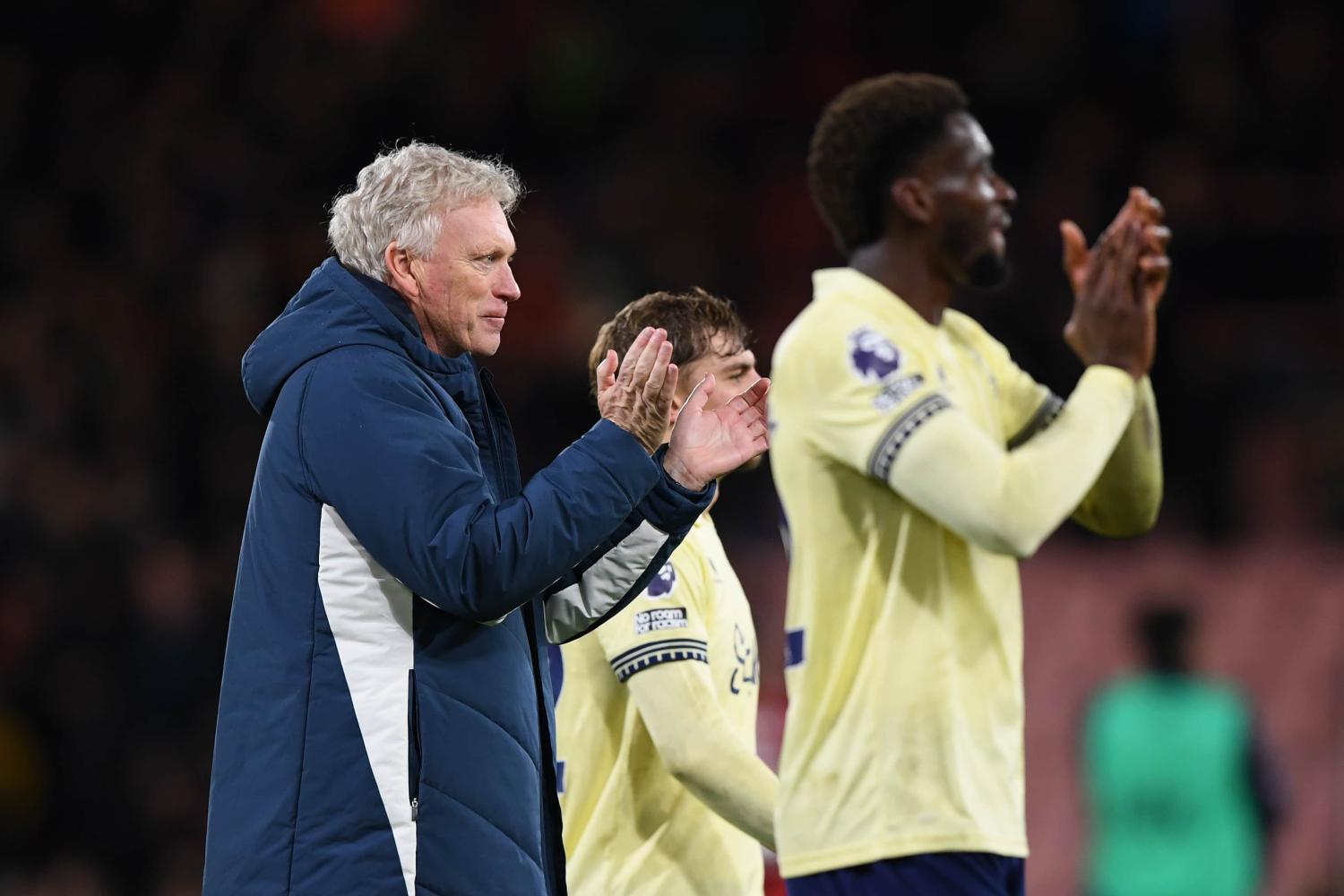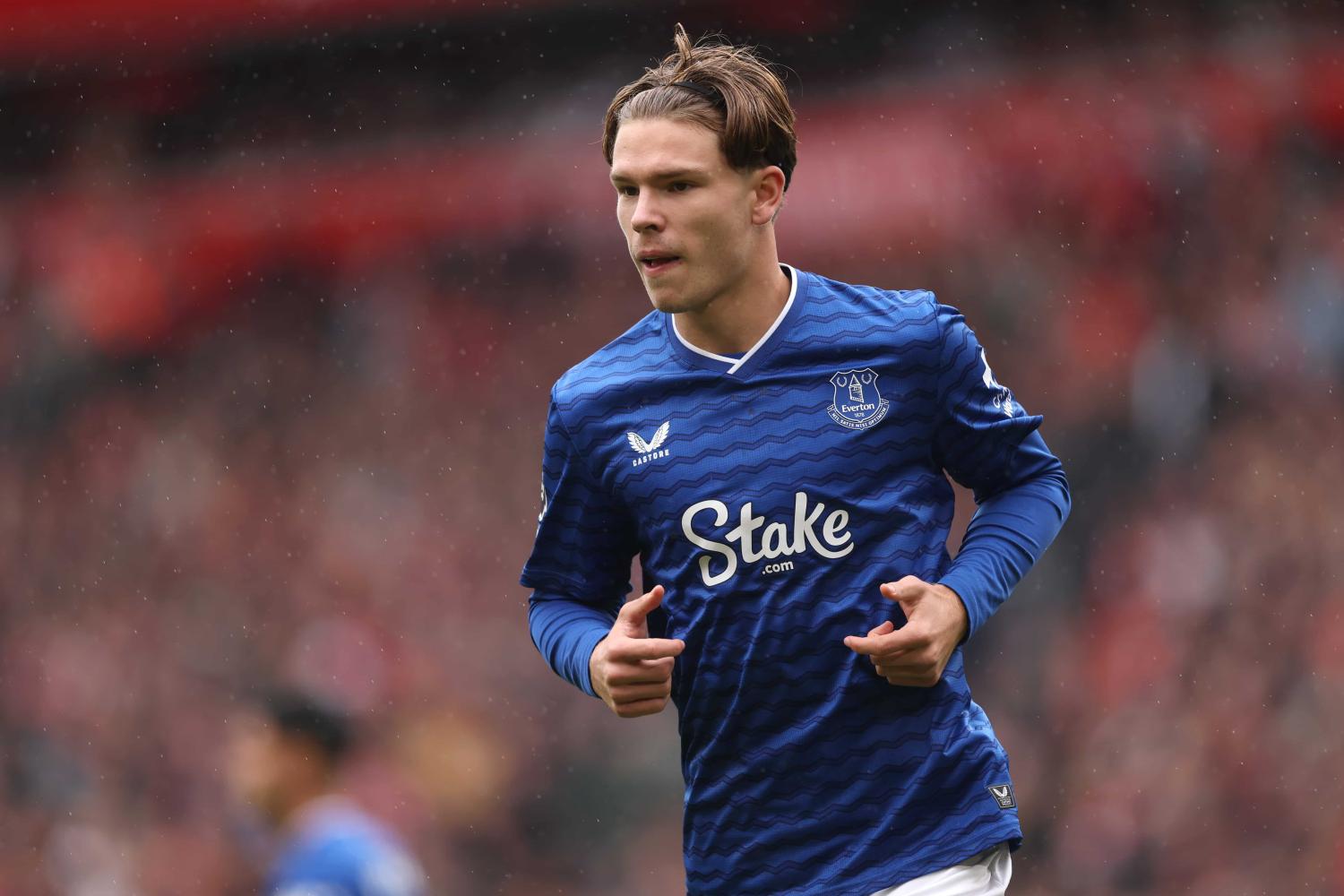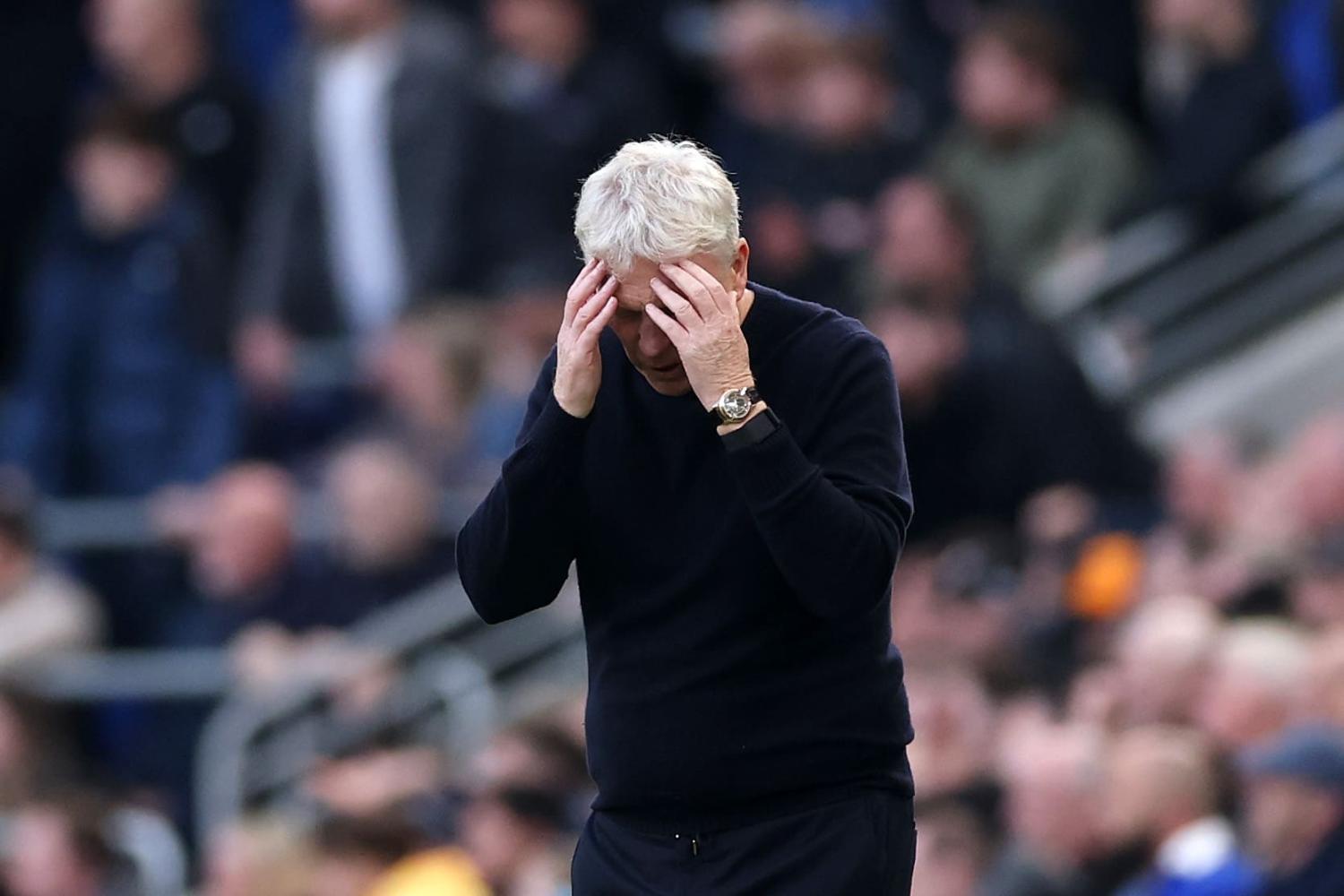|
EVERTON FC: FINANCIAL INFORMATION
This page summarizes Everton's financial situation at the end of May 1999, and presents an excellent detailed description of our problems as they appeared in the Daily Post |
|
| |
A summary of the main financial problems |
| |
Our best guess at the current situation |
| |
An excellent piece from the Daily Post |
| |
Is the only way down? |
|
THE FINANCIAL FACTS |
The bare naked facts are frightening:
An increase of 41% over the previous year, according to Deloitte & Touche. This represents 61% of our turnover for that period. The wage bill was 9th highest and wages as a percentage of turnover, we were 4th highest in the Premier League – only Sheffield Wednesday, Liverpool (!) and Blackburn Rovers were higher.The average figure quoted for players' salary increases this season is 41%. If applied to Everton, that would give a current wage bill of �18M!!!
More disturbing facts:
|
|
THE BALANCE SHEET |
|
|
This is our best estimate of how things looked for the 1998-99 season.
|
|
Annual Income
|
Outgoings
|
|
That's just one way to replicate the reported trading deficit of �3M. |
|
|
So why won't the money men let Bill buy Everton? |
| By Bill Gleeson, Daily Post Business Staff, 7 May 1999 |
|
The decision by a major bank to pull the plug on Bill Kenwright's plan to buy Everton leaves the club facing a severe financial crisis and current majority shareholder Peter Johnson in limbo. It also leaves Mr Kenwright clutching at straws and loyal Blues fans facing the prospect of a bleak future. The stark fact is that nobody wants to put up the financial backing Bill Kenwright so desperately wants. Last week, Everton's financial advisers, merchant bank N M Rothschild, sent a sales prospectus to potential buyers. There were just two of these, HSBC, which was backing Mr Kenwright, and Spirit Group, the South African company owned by Everton fan Ian Kilbride. Yesterday, Tim Hughes, a senior executive at Spirit Group, confirmed that his company was no longer interested in buying Everton. Mr Hughes said: "In the short term, Spirit Group will not continue with its interest in buying Everton. But we will watch the situation as closely as possible." A lifelong Everton fan who was born in Liverpool, Mr Hughes added: "One has to look at Everton in business terms and dispassionately. You have to assess whether Everton Football Club Company Limited stacks up as an investment or not." Despite the fact that Mr Johnson's desire to sell has been well-known since last November, no other candidates have put themselves forward. For everybody concerned, the failure to agree a deal is disastrous. Mr Johnson is left holding shares that are no more than worthless pieces of paper. His unpopularity with the fans means he cannot even attend matches. What started out as a great adventure five years ago has turned sour. Lorraine Rogers, Mr Johnson's girlfriend and financial adviser, said yesterday that there was no way he wanted to prolong his association with the club. So Mr Johnson is stuck with a football club he cannot sell and the club is stuck with him. The difference is that while Mr Johnson has time on his side, Everton may not have. For the one thing that has become clear during the failed negotiations is the parlous state of Everton's finances. The club's secretary, Michael Dunford, responded to mounting speculation about the size of the clubs debts by insisting that Everton remained within its agreed borrowing limits. Mr Dunford said that the agreed limit with the club's bankers was �13.5M. In addition, the club could borrow another �1.5M which had been personally guaranteed by Mr Johnson. But Mr Dunford also said: "The club is currently keeping within its overdraft limit, with difficulty but we are keeping within it. "It is monitored on a day-to-day basis. There is no question of us not meeting our commitments." But Mr Dunford admitted that the club had managed to stay within its financial limits only by renegotiating repayment terms with creditors. These repayment are understood to include transfer fees for players bought. The debts are bad enough but the situation is made even less attractive for a prospective buyer because the club is running at a trading losses. Confirming this, Mr Dunford refused to say what the trading loss was. However, sources close to the aborted sale negotiations said that losses in the region of �3M had been incurred in the last six months. The trading loss does not take account of transfer fees. It is understood that without the renegotiation of debt repayments the overdraft would have been �17M now. As a result, Everton will be refused further advances with which to buy players like Kevin Campbell, who has made his mark as a goalscorer in the short time he has been with the club on loan. The financial crisis also means that once the season is over, more players will leave than will join and Everton's already weak squad will be weakened further. The sale of players is made more urgent by the need to cut the huge wages bill, which gobbles up two-thirds of the club's income. Pruning this bill by �3M-a-year would make a big difference. Without urgent action on players' wages, the club's overdraft will inevitable rise further. As much as on anything else, Everton's future depends on Mr Johnson's next move. He has three choices. He could do a U-turn and start to invest new money in the club in order to make it successful and saleable. But this would be risky and could turn out to be a case of throwing good money after bad. Furthermore, Mr Johnson does not have that much more good money left. His personal wealth has plummeted since he bought Everton, mainly because the share price of his other investment, Park Group, has fallen to a fifth of what it was in early 1995. His second option is to wait for the outcome of the Office of Fair Trading's investigation into the way football clubs negotiate TV rights. Currently, this is done collectively. The Director General of Fair Trading is considering whether collective bargaining should be disallowed and clubs forced to negotiate on a one-to-one basis with the TV companies The big winners from such a change would be the top clubs like Manchester United, Arsenal and Chelsea. Together with the advent of pay-per-view television, such a change would mean millions of pounds of extra revenue for clubs whose matches are televised regularly and only crumbs for less popular teams. While Everton has a strong supporter base, the team's current form makes them poor entertainment for the neutral viewer, so it is not clear whether the club would be among the winners or losers. Nevertheless, the changes to TV coverage of football could improve Everton's finances and Mr Johnson may decide to wait to see how things develop. His third option is to lower his asking price for his stake. To date, he has spent �25M on Everton. Last week, the asking price for his shares was �35M. Had he got it, he would have been in profit. If he reduces his price by more than �10M he will come out of his venture showing a loss. According to City sources, the gap between Mr Johnson's asking price and the amount HSBC was prepared to pay was huge. The bank is understood to have wanted to pay next to nothing for the shares. Its justification was that the club was going nowhere and needed a big cash injection for a new ground and a new squad and that this investment requirement was big enough without putting �35M into Mr Johnson's pocket. Tantalisingly, a source at HSBC said the bank was still open to offers should Mr Johnson reduce his price. So it may just be that the statement from the bank was a negotiating ploy by the money men so vital to Bill Kenwright's burning ambition. In the meantime, Everton's fans can only regret what might have been. The same HSBC source said that the bank had been willing to pay for a new stadium and to inject millions for top-quality players. Professional management would have been installed and a more commercial approach taken. Ticket prices would have risen and the club's merchandising opportunities would have been more fully exploited. That would have given the club the resources it needed to compete in Europe. This week's developments, however, could turn out to be a turning point. A weaker squad and old-fashioned facilities would make Everton more suited to Division One than a league where it has to compete with Europe's best. |
|
THE WAY FORWARD |
The future looks exceedingly bleak for Everton FC:
There must be a wholesale revamping of the way the club is managed and run internally. Many fans have been saying as much for a long time, but the the hierarchy within Goodison Park is effectively moribund under the stagnating force of absentee landlord, Peter Johnson. |









